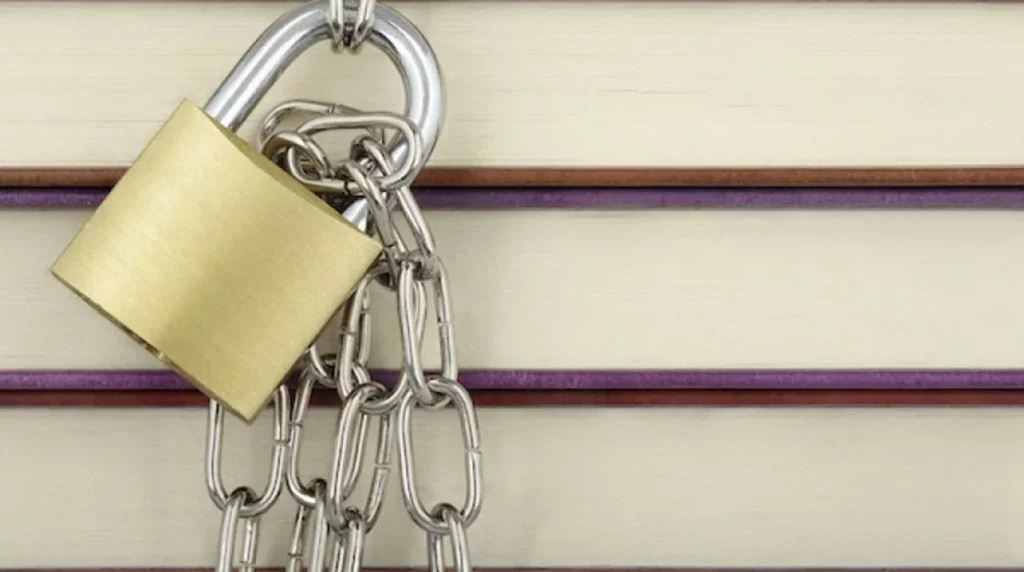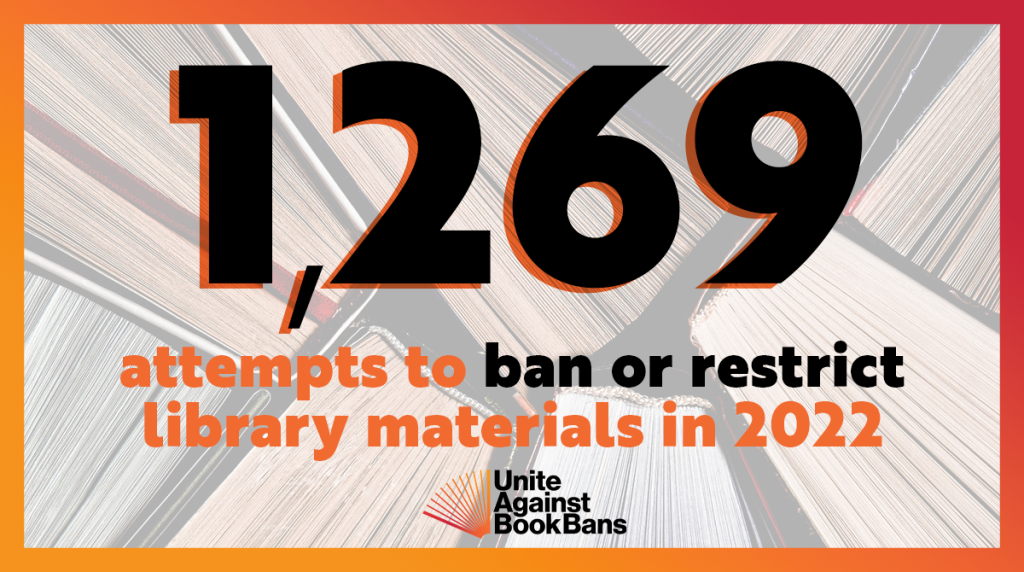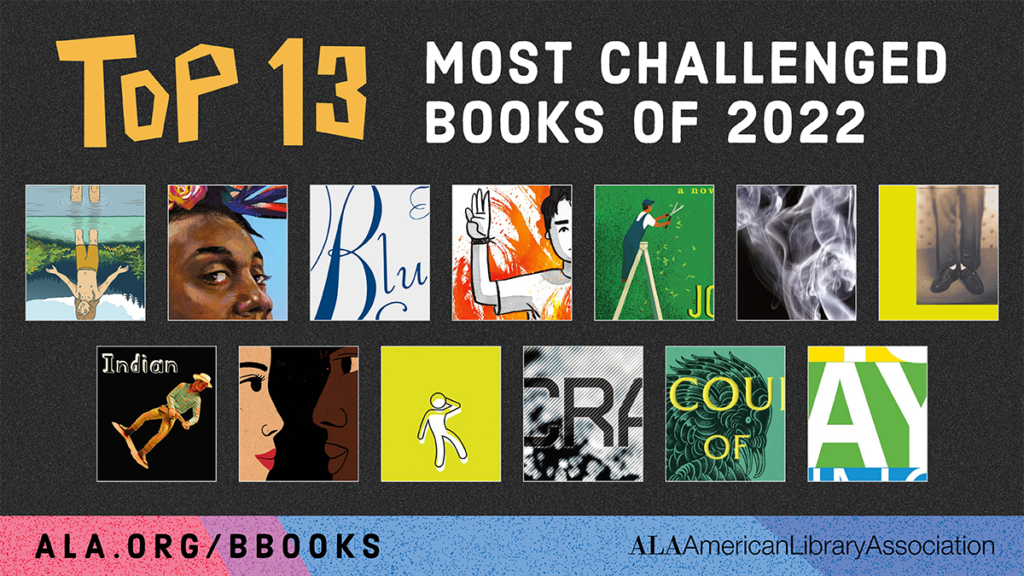This blog post is by Aaron Terr, Director of Public Advocacy at the Foundation for Individual Rights and Expression (FIRE), a Unite Against Book Bans partner.
Public libraries embody a fundamental democratic value: the freedom to explore a wide range of ideas and form our own opinions. That freedom is under threat by politicians and culture warriors who would put the government to work suppressing disfavored ideas.
To be sure, the issue is not always simple. Books face challenges or bans in different places (bookstores, public libraries, school libraries, school curricula), for different reasons (hostility to certain ideas, concerns about age appropriateness), and in different ways (process-free removals, misguided policies broadly restricting subject matters, individualized challenges subject to fair procedures). These distinctions are important, but often go ignored by partisans on both sides, resulting in an oversimplified debate.
My organization, the Foundation for Individual Rights and Expression, recently released an FAQ on libraries, bookstores, and free speech to add nuance to the discussion, with an eye toward protecting books from arbitrary, viewpoint-based censorship.
The First Amendment protects both the right to speak and the complementary right to receive information. That’s why government officials can’t constitutionally purge bookstores or public libraries of viewpoints and ideas with which they disagree. FIRE intervened when officials in Llano County, Texas, did exactly that, banning so-called inappropriate books from the local library.
Things get more complicated for school libraries. Because they serve K-12 students, school librarians necessarily focus more on age appropriateness and may consider how materials support the curriculum and the school’s educational goals, which are in turn subject to democratic oversight through school boards. Still, there is court precedent establishing that government officials can’t remove books based on partisan or ideological disapproval, as FIRE told a Florida school district earlier this year.
The different grounds for challenging books underscore the need for fair and transparent procedures. Books should stay on the shelf during the challenge, and reviewers should consider challenged elements in the context of the whole work and explain any decision in writing. This helps ensure outcomes reflect legitimate, non-pretextual factors — like educational value and appropriateness for the ability and maturity of potential readers — and not desire to prevent students from encountering ideas some administrators or community members dislike. And while First Amendment challenges typically arise in the context of book removals, librarians should also set aside their political and ideological preferences when deciding what books to add to a collection.
Libraries become unmoored from their foundational principles when government actors seek to control library collections for narrow political reasons. We must find a way to avoid making libraries collateral damage in the culture wars.
To get involved in the urgent fight against censorship, visit the Unite Against Book Bans Action Toolkit for tips on contacting local decision makers and media to urge against turning community libraries into partisan political battlegrounds.



